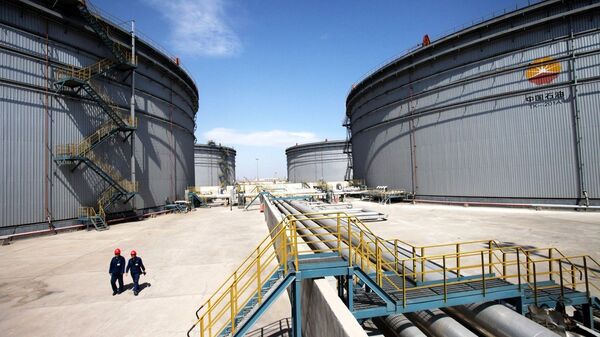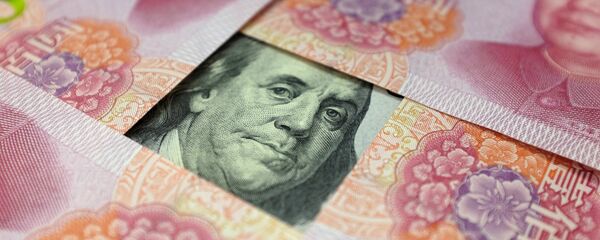Hu Weijia — Many wonder how China will respond if the US carries out tariff hikes on an additional $300 billion in Chinese products. But it's not important how large, in terms of value, China's counterattack will be on US exports. What is important is how much pain the US economy will be forced to endure. It is believed US products with an export advantage will be under attack in a bid to widen the US trade deficit.
US President Donald Trump has touted increased energy exports as a key element in his strategy to reduce the US trade deficit. He announced six initiatives in 2017 — including reviving nuclear energy — as part of his administration's efforts to usher in a "golden age" of US "energy dominance." The boom in US energy production is prompting the country to upgrade its energy export plan and look for new buyers.
Growth in energy consumption prompts China to increase imports to maintain a balance in supply and demand, but does China have to import from the US?
The answer is no. Thanks to trade war fears and Washington's political uncertainty, the US is perhaps now the last choice for China in terms of energy trading.
China is highly dependent upon energy imports. In 2018, the country's dependence on imported crude oil reached 71 percent and that of natural gas reached 43 percent.
Energy security is always a matter of national security. As China's dependence on foreign oil and gas rises, efforts to secure access to multiple sources of imports are necessary. It will be very dangerous to be overly dependent on US energy. China cannot allow the US to control the lifeblood of the Chinese economy.
The ongoing trade war with the US makes Chinese people more aware of policy uncertainty in the US. If Washington wants to expand its energy exports to China, the US must end the trade war and rebuild mutual trust between the two major economies.
This article originally appeared on the Global Times website



